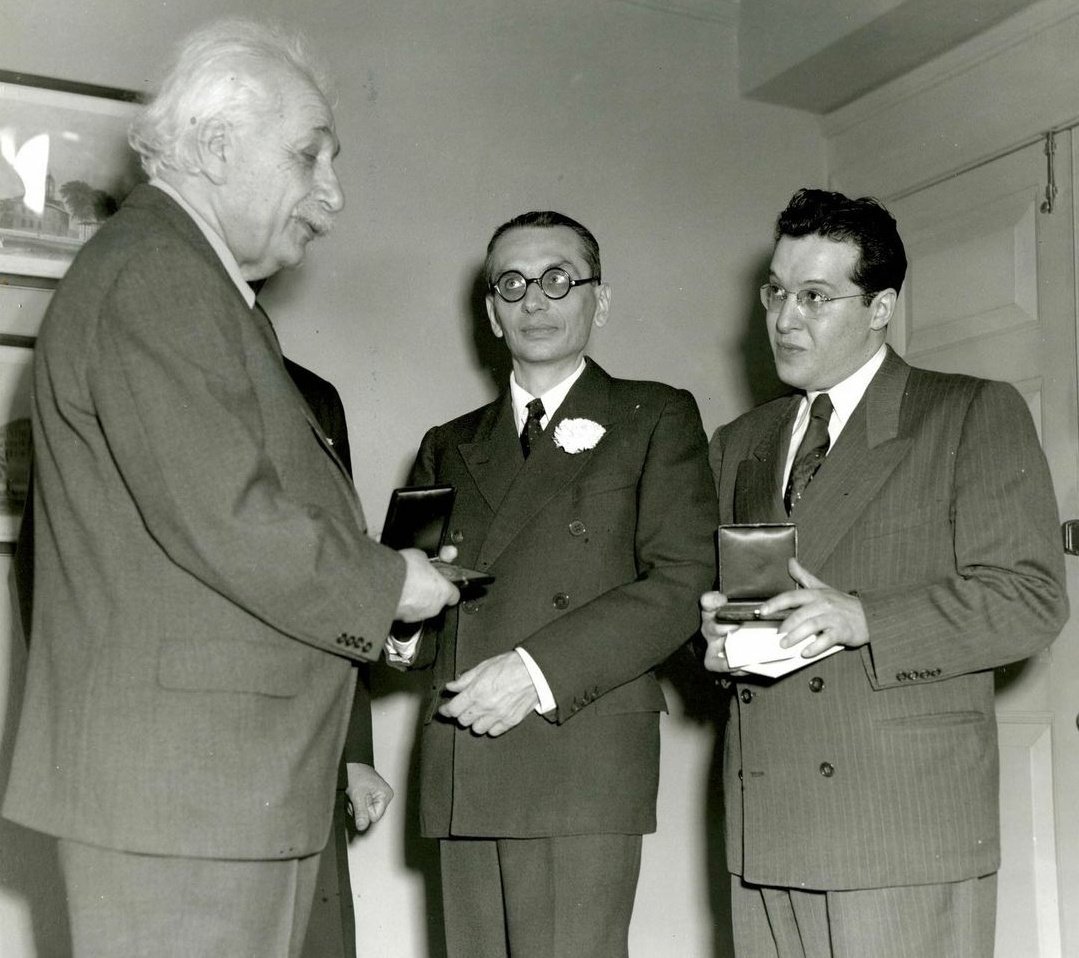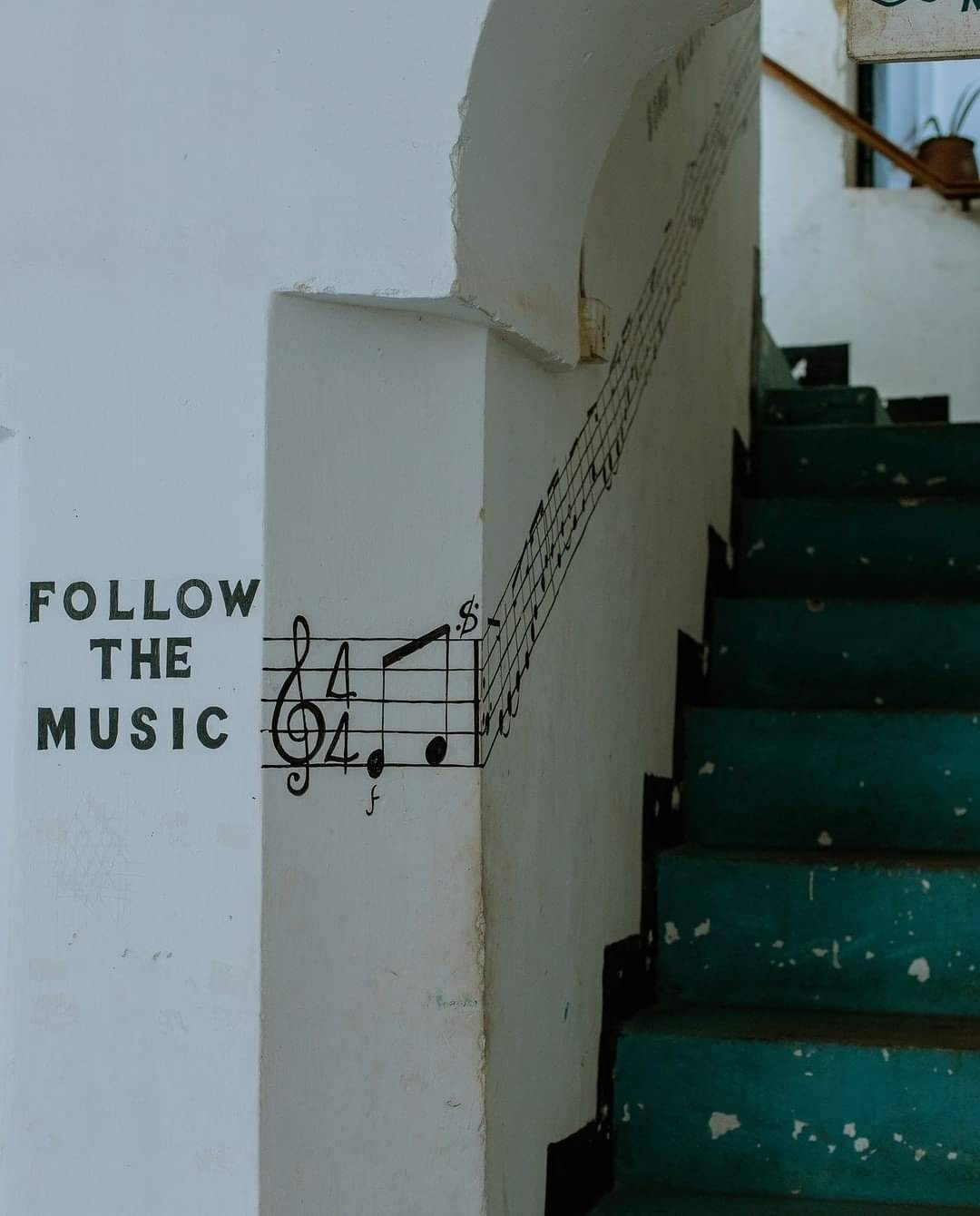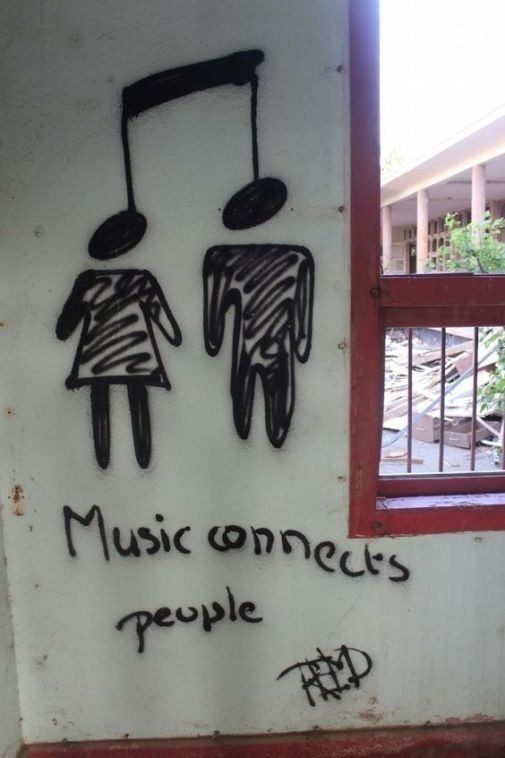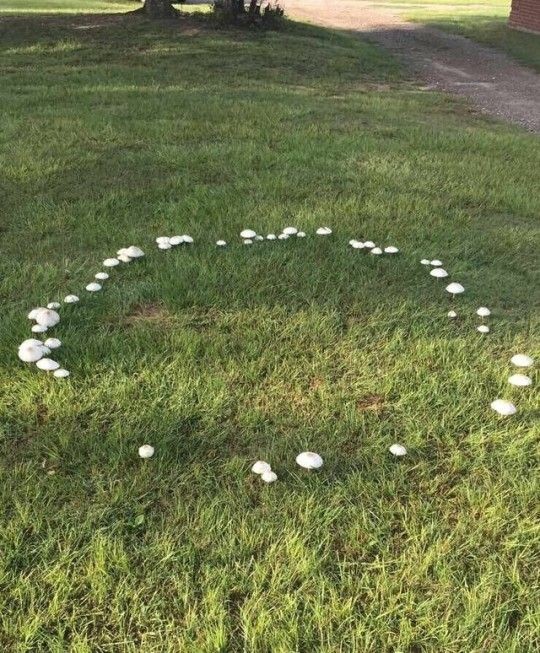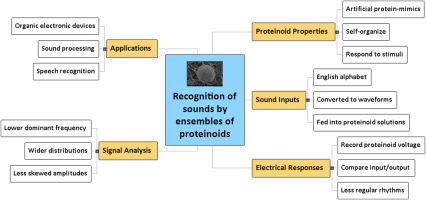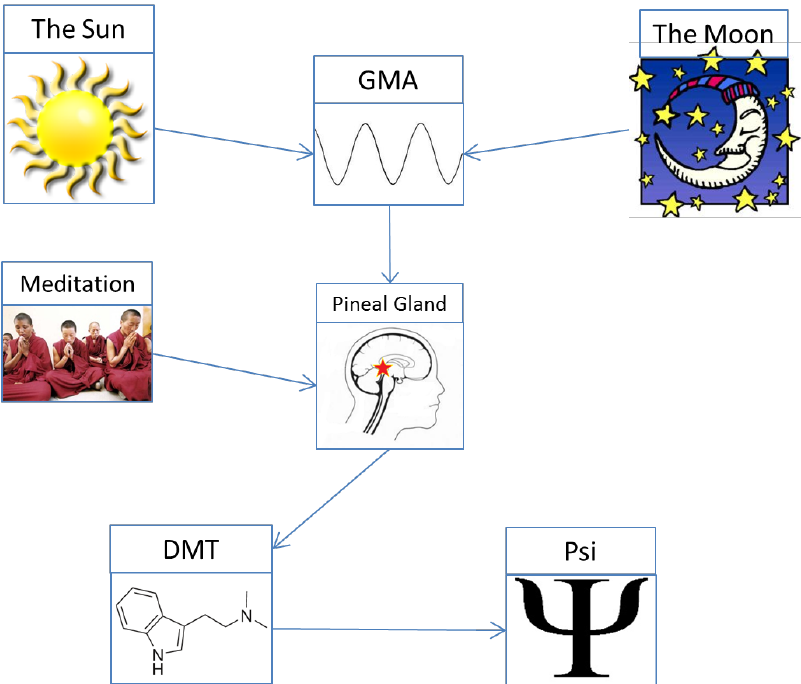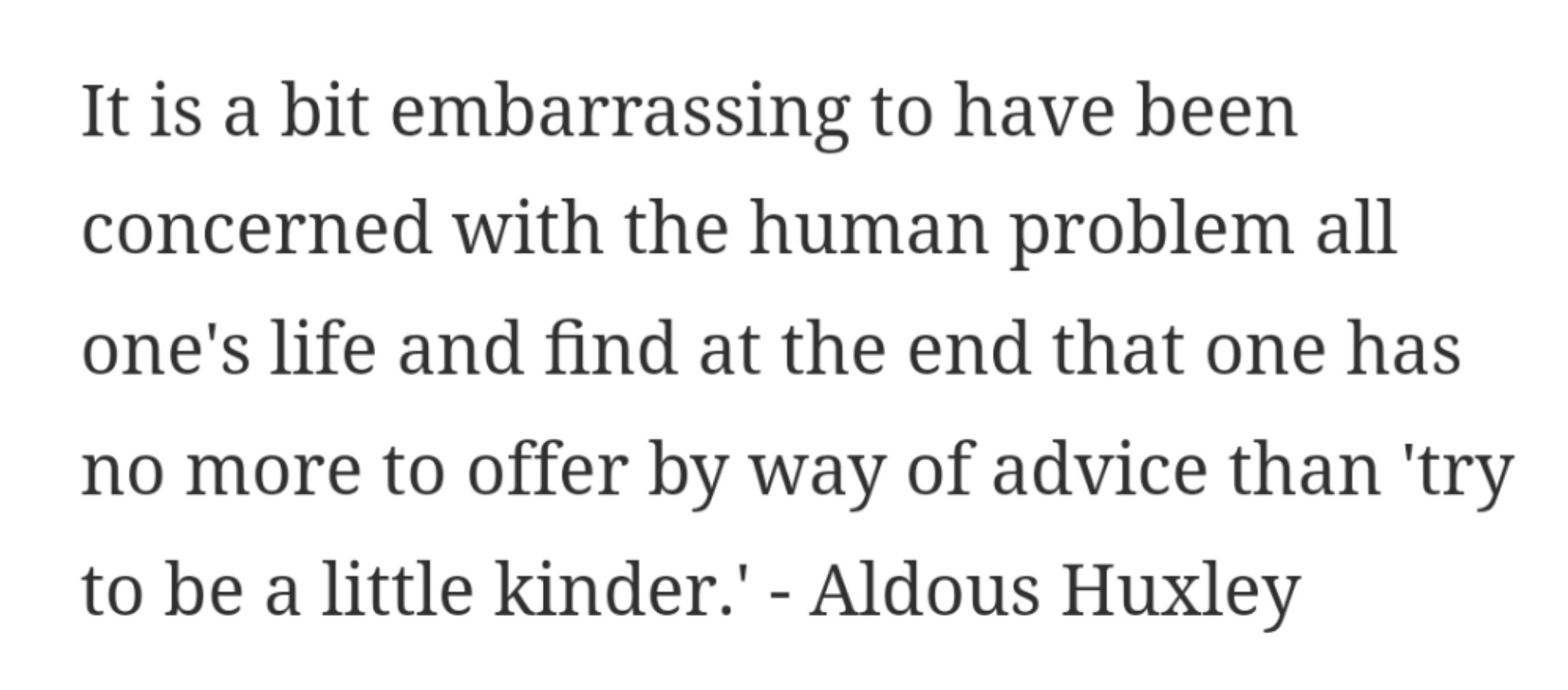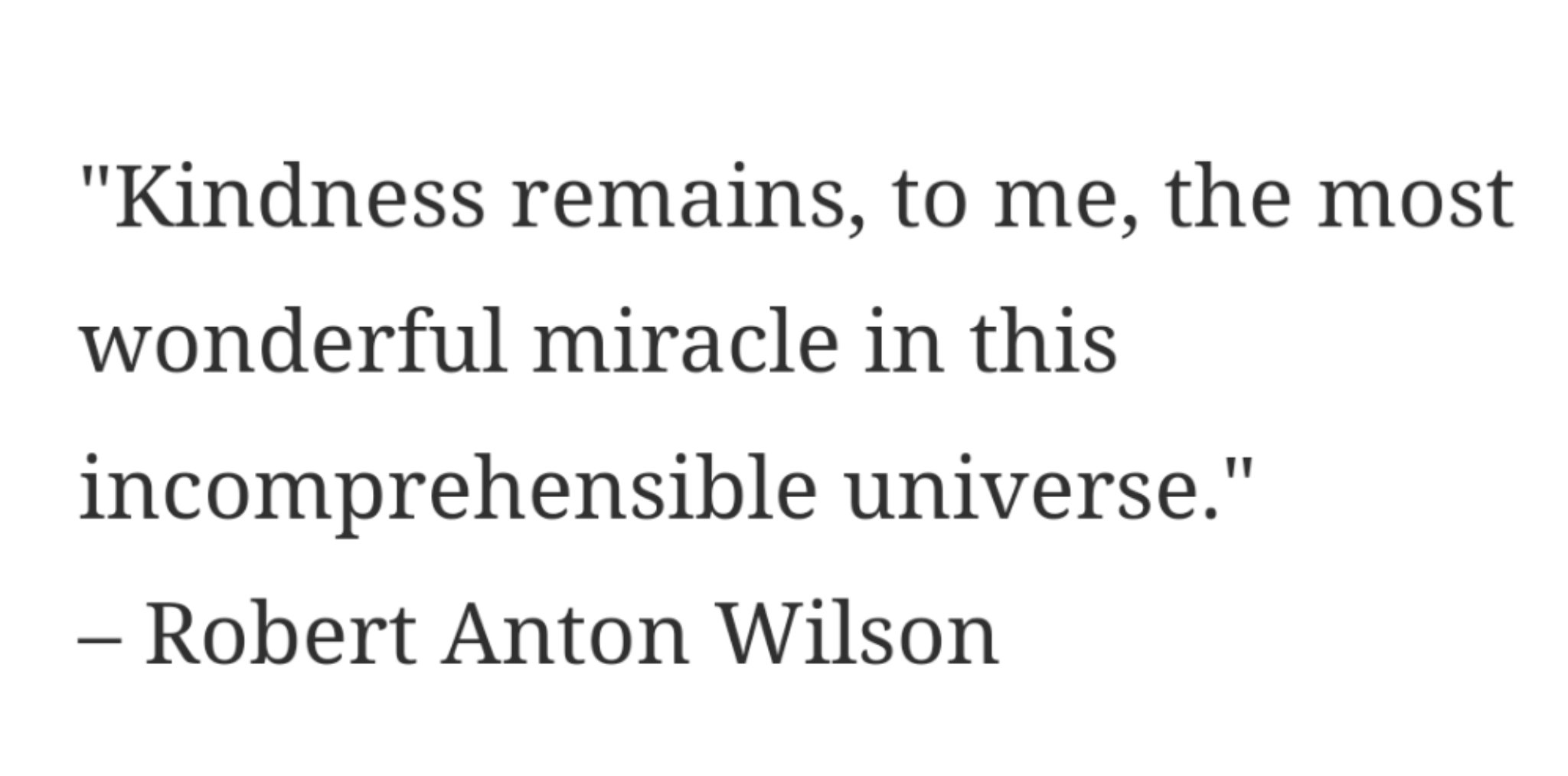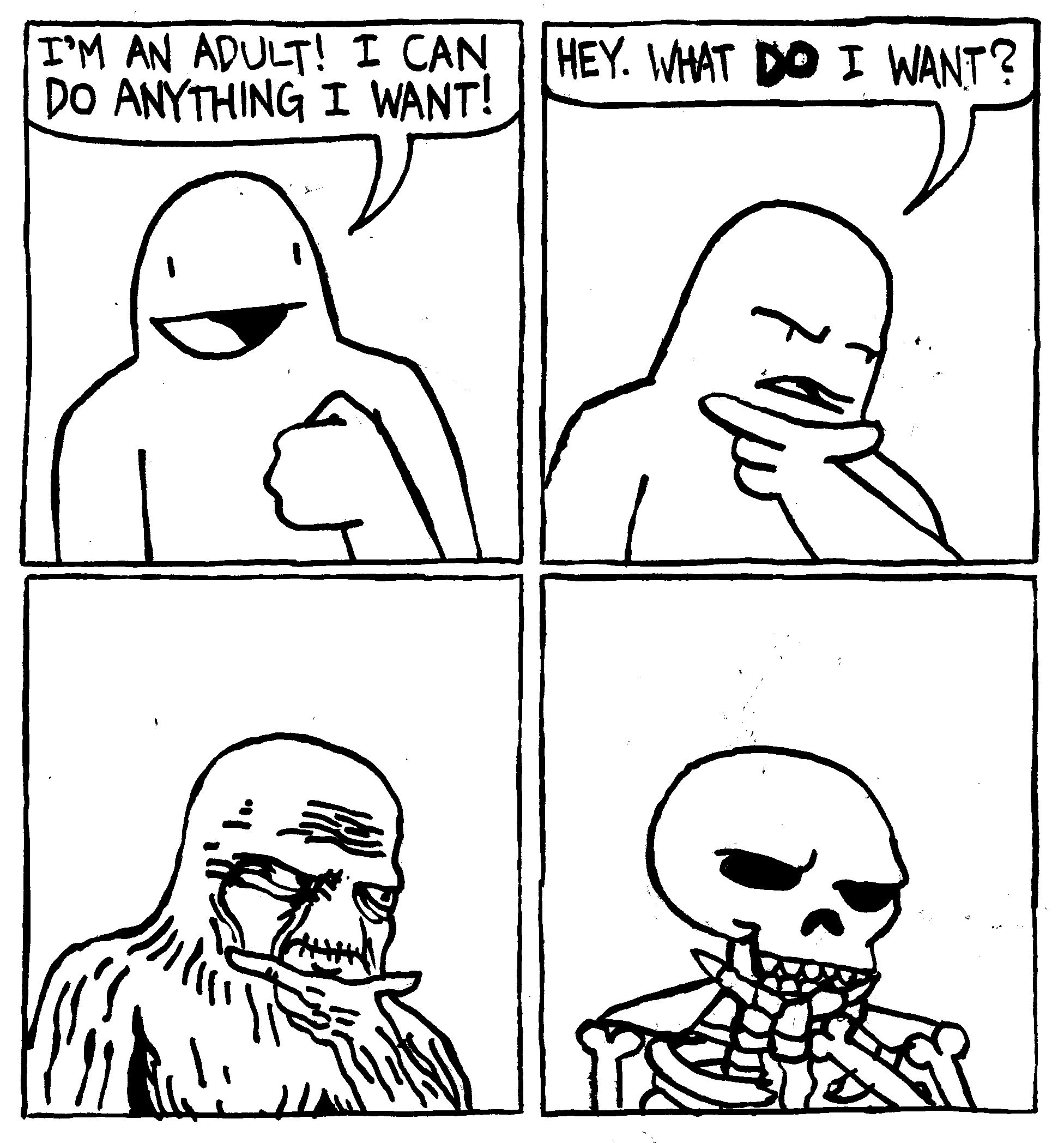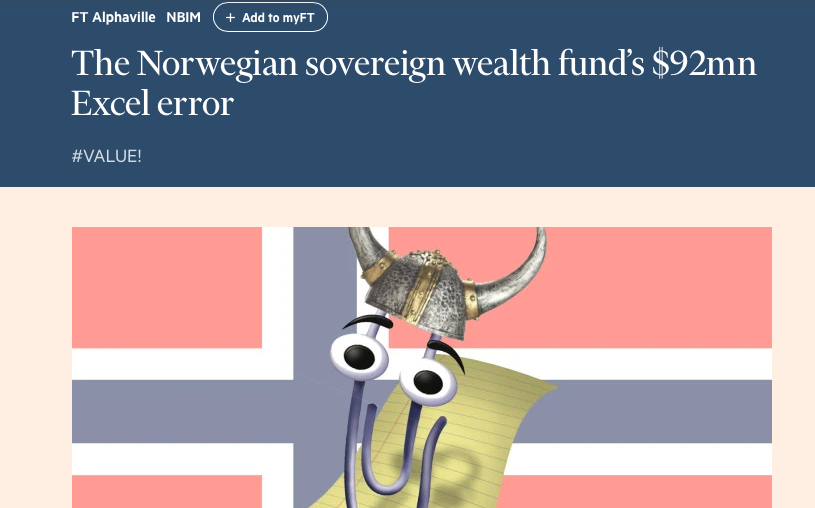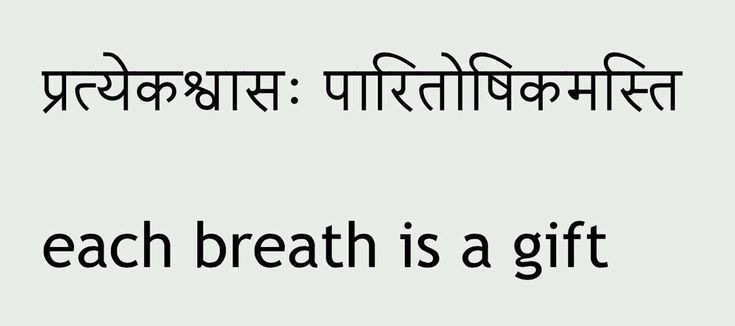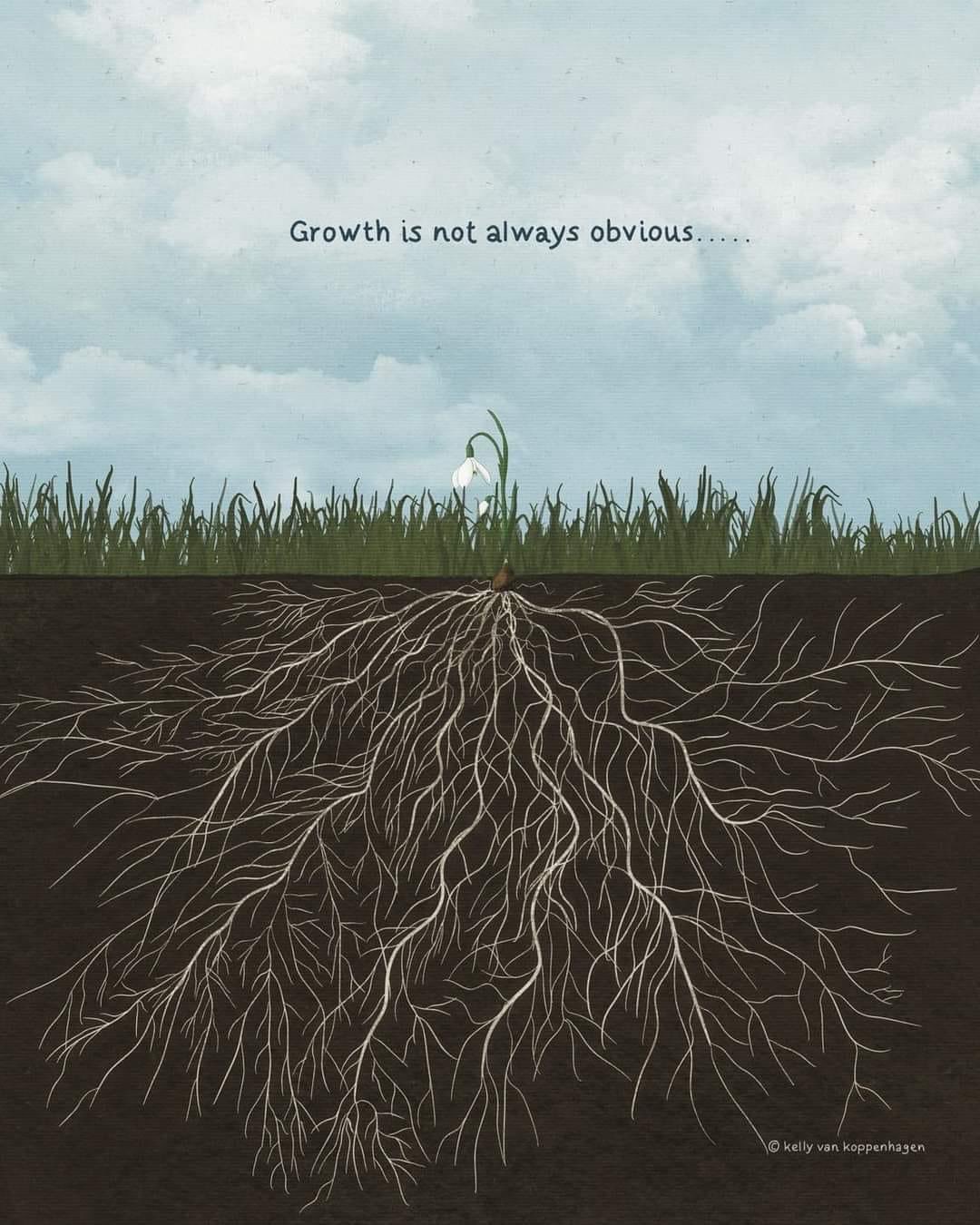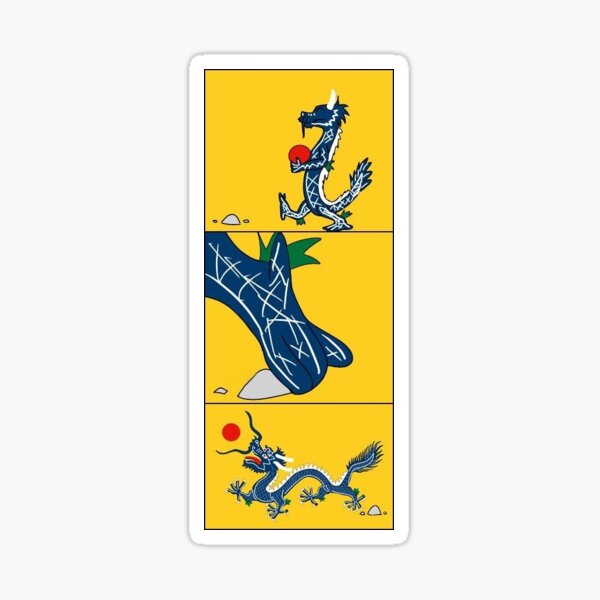-
“When you get to the top of the mountain, keep climbing” - Zen proverb
-
"Remembering all the while that I have tried very hard, but the rhododendron tree is only half enlightened, and ants and bees are communists and trolley cars are bored. [...] And the mountains live in total ignorance so I don't give up, take off your shoes and put 'em in your pocket. Now I've answered all your questions, too bad, give me a drink, mauvais sujet." - Jack Kerouac, The Dharma Bums (1958)
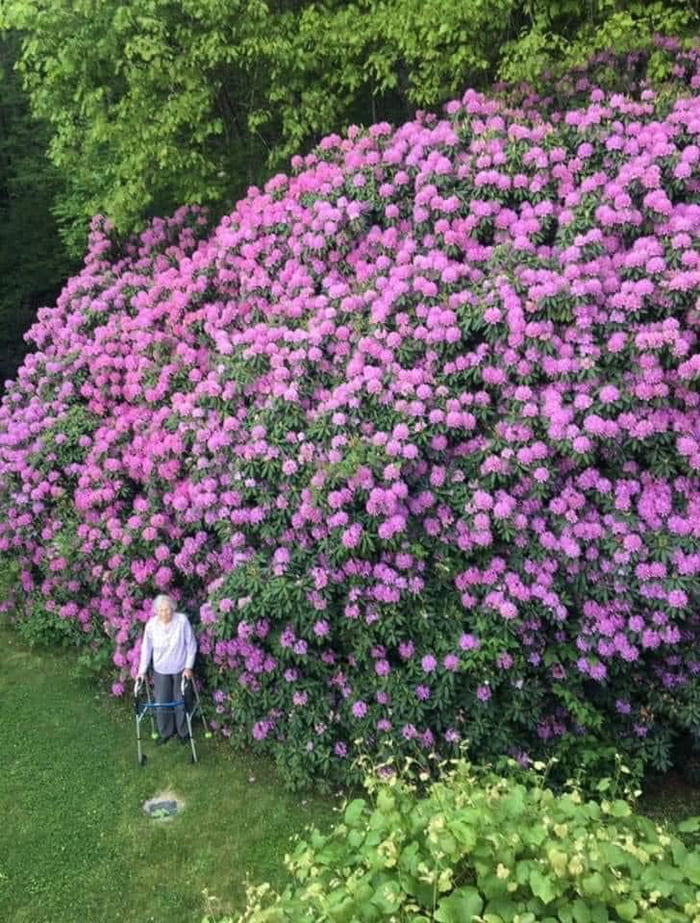
Photo: 100 year old rhododendron and the woman who planted it.
-
Die Herren vom Schwarzen Stein
"In December 1923, before his agony in Munich, Dietrich Eckart said a very personal prayer in front of a black meteorite of which he said, "It's my stone of Kaaba." He left it to one of the founders of astronautics, Herman Oberth." - Andre Brissaud (Source)

-
Meng Po孟婆 - Goddess of forgetfulness in the underworld
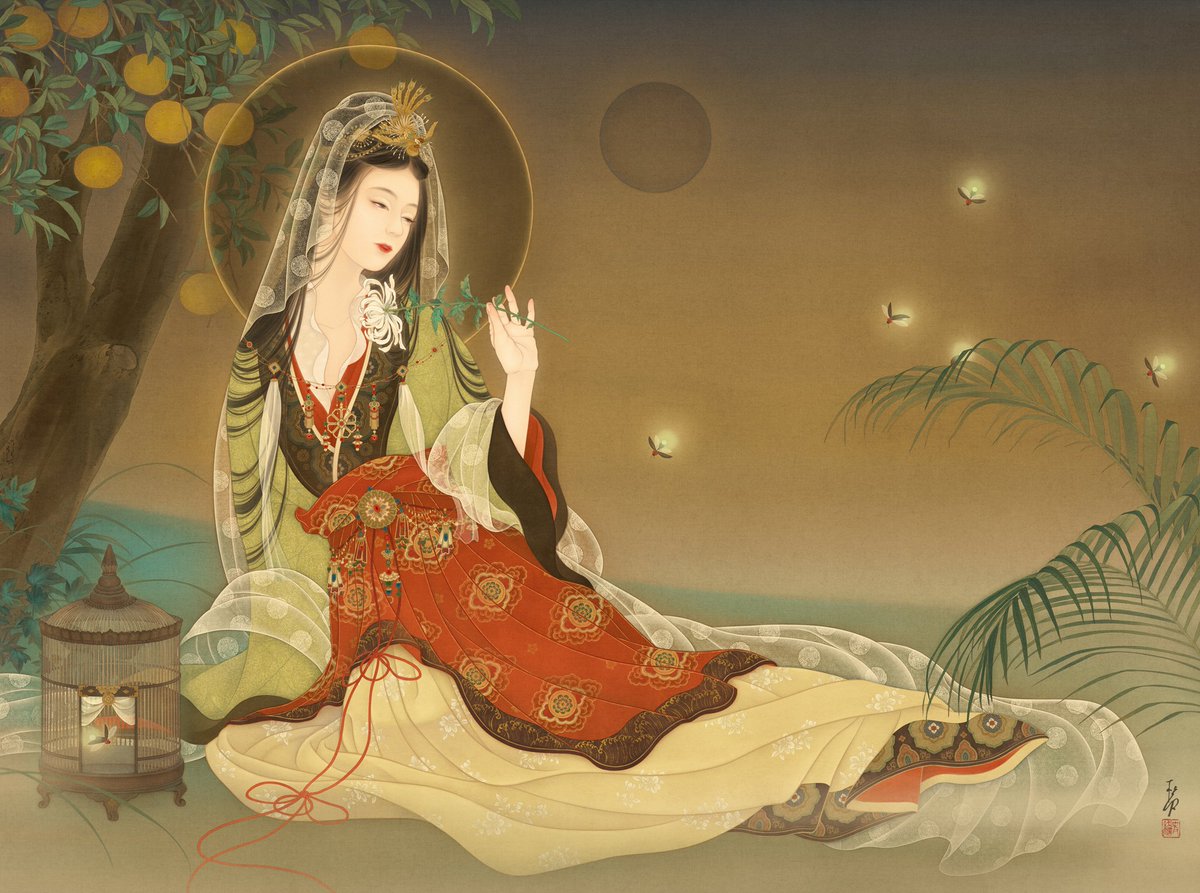
In Chinese mythology, Meng Po孟婆 is the goddess of forgetfulness in the underworld. She stands on the bridge called Nai He which connects the past life & the next life, serving a special soup for every soul. The soup was called the "Five-Flavoured Tea of Forgetfulness" , which was made by the tears that souls shed in their life, both sweet & bitter. After drinking the soup, the soul’s memory would be erased & enter into reincarnation. Art By Japanese artist Shiori Matsuura 松浦栞
-
Song of Dragon
I am an unquenchable fire, the center of all energy, the stout heroic heart. I am truth and light, I hold power and glory in my sway. My presence disperses dark clouds, I have been chosen to tame the Fates. I am Chen, the Visionary. - Theodore Lau

甲辰年New Year of the Dragon (2024) Predictions & Possibilities - by Kenneth Cohen
-
Veni Vidi Vici: Julius Caesar was a Freemason? Masonic doctrine of the ancient Roman empire? Below from “Bi-Centenary of the Foundations of Modern Masonry – Official Paper of the International Bureau for Masonic Affairs” Chapter by, Th. G. G. Valette.
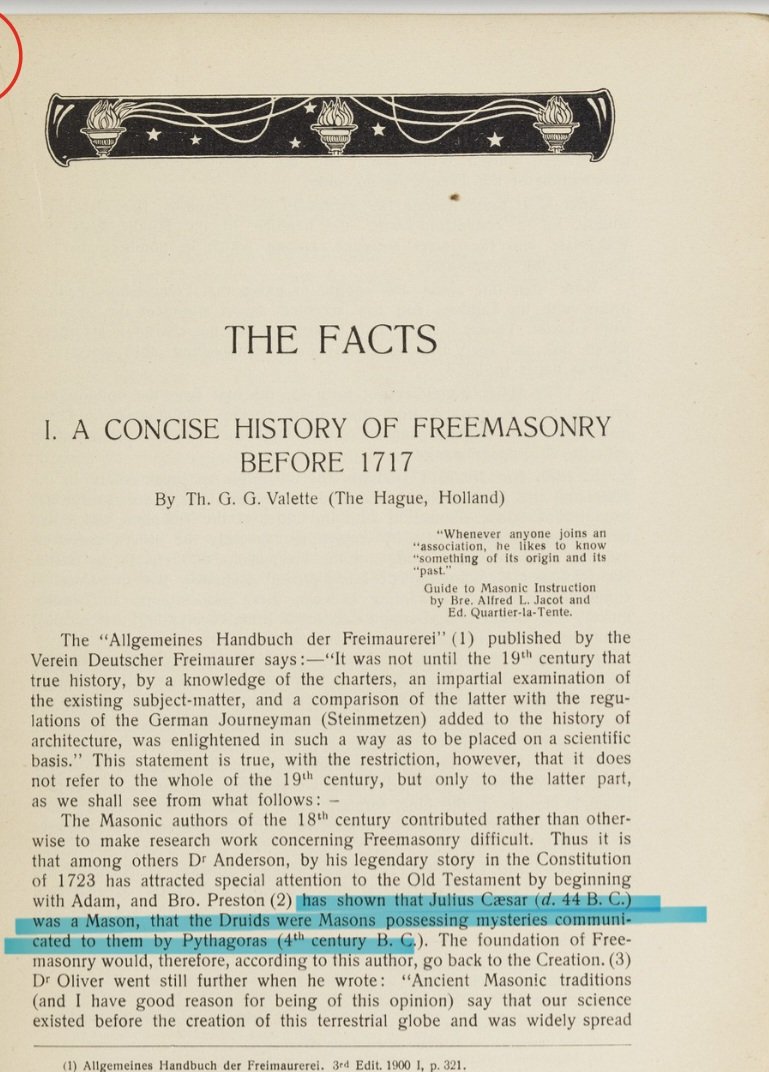
-
When is risk the highest? - Quote from an interview with Peter Bernstein (1919 - 2009)
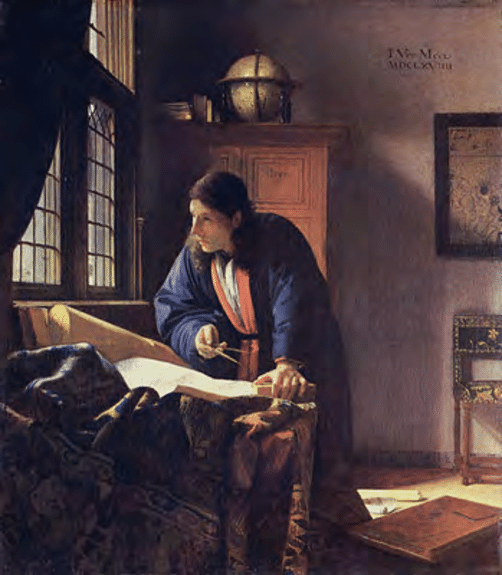
Vermeer's The Geographer, 1669 "The riskiest moment is when you’re right. That’s when you’re in the most trouble, because you tend to overstay the good decisions. Once you’ve been right for long enough, you don’t even consider reducing your winning positions. They feel so good, you can’t even face that. As incredible as it sounds, that makes you comfortable with not being diversified. So, in many ways, it’s better not to be so right. That’s what diversification is for. It’s an explicit recognition of ignorance."
Q: What investing and personal advice do you offer your great-grandchildren? A: As they are four and two (and about three months in the womb), they are not likely to take much of my advice, nor should I be giving them the kind of advice you have in mind. But I would teach them Pascal’s Law: the consequences of decisions and choices should dominate the probabilities of outcomes. And I would also teach them about Leibniz’s warning that models work, but only for the most part. I would remind them of what the man who trained me in investing taught me: Risk-taking is an inevitable ingredient in investing, and in life, but never take a risk you do not have to take.
In 1703 the mathematician Gottfried von Leibniz told the scientist Jacob Bernoulli that nature does work in patterns, but “only for the most part.” The other part — the unpredictable part — tends to be where things matter the most. That’s where the action often is.
Pascal’s Wager doesn’t mean that you have to be convinced beyond doubt that you are right. But you have to think about the consequences of what you’re doing and establish that you can survive them if you’re wrong. Consequences are more important than probabilities.
Related: WHAT is Risk, by Peter L. Bernstein - Peter. L. Bernstein WIkipedia
-
Albert Einstein awarded the inaugural Einstein Prize to Kurt Gödel and Julian Schwinger during a presentation ceremony, c. 1951. Photographed by Alan Richards/Shelby White and Leon Levy Archives Center, IAS, Princeton.
